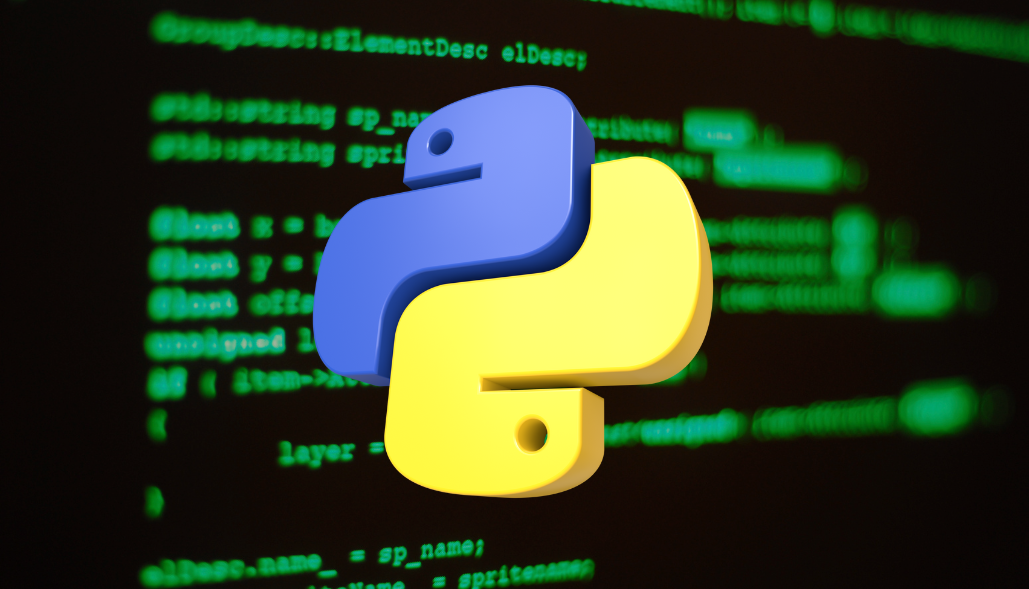Bacancy Technology
Bacancy Technology represents the connected world, offering innovative and customer-centric information technology experiences, enabling Enterprises, Associates and the Society to Rise™.
12+
Countries where we have happy customers
1050+
Agile enabled employees
06
World wide offices
12+
Years of Experience
05
Agile Coaches
14
Certified Scrum Masters
1000+
Clients projects
1458
Happy customers
- About Us
-
Services
-
AI/ML
- AI Consulting
- Generative AI
- AI Development
- Computer Vision
- NLP
- AI And ML Services
- LLM Development
- Adaptive AI
- ML Consulting
- Deep Learning
- Tensorflow Development
- ML Development
Artificial Intelligence
Machine Learning
-
Platforms
- Salesforce Customization
- Salesforce Implementation
- Salesforce Integration
- Salesforce Development
- Salesforce Consulting
- Salesforce Appexchange
- Salesforce CPQ
- Salesforce Data Migration
- Salesforce Managed Services
- Salesforce Staff Augmentation
- Salesforce App Development
- Salesforce Classic To Lightning Migration
- Salesforce Service Cloud
- Salesforce Marketing Cloud
- Salesforce Sales Cloud
- Salesforce Commerce Cloud
- Salesforce Financial Services Cloud
- Salesforce Support
- Microsoft Dynamics Consulting
- Dynamics 365 Implementation
- Dynamics 365 Integration
- Dynamics 365 Customization
- Microsoft Dynamics 365 Support
- SAP Consulting
Salesforce
Microsoft
SAP
- Industries
- Technologies
- Hire Talent
- Portfolio
- Contact Us
- book a 30 min call
July 24, 2023
Python Unit Testing Mocking Popen and Popen.communicate
Here is the way to mock Popen and Popen.communicate in a Python unit test:
Python
import unittest
import mock
class TestPopen(unittest.TestCase):
@mock.patch('subprocess.Popen')
def test_communicate(self, mock_popen):
# Create a mock object for the `Popen` object.
mocked_popen = mock_popen.return_value
# Set the `communicate` method on the mock object to return a
# specific value.
mocked_popen.communicate.return_value = ('stdout', 'stderr')
# Call the `communicate` method on the mock object.
output, error = mocked_popen.communicate()
# Assert that the `communicate` method was called with the
# expected arguments.
mock_popen.communicate.assert_called_once_with()
# Assert that the `communicate` method returned the expected
# value.
self.assertEqual(output, 'stdout')
self.assertEqual(error, 'stderr')
if __name__ == '__main__':
unittest.main()
The mock library can be used to create a mock object that simulates the behavior of the Popen object. The mock.patch decorator can be used to patch the Popen object in the test case, so that when the Popen object is called in the test case, it will actually call the mock object instead. This allows us to test our code without actually calling the Popen object, which can be helpful for isolating and debugging our code.
We then set the communication method on the mock object to return a specific value. This means that when the communication method is called on the mock object in the test case, it will return the value that we specified.
Finally, we call the communicate method on the mock object and assert that it was called with the expected arguments and that it returned the expected value.






